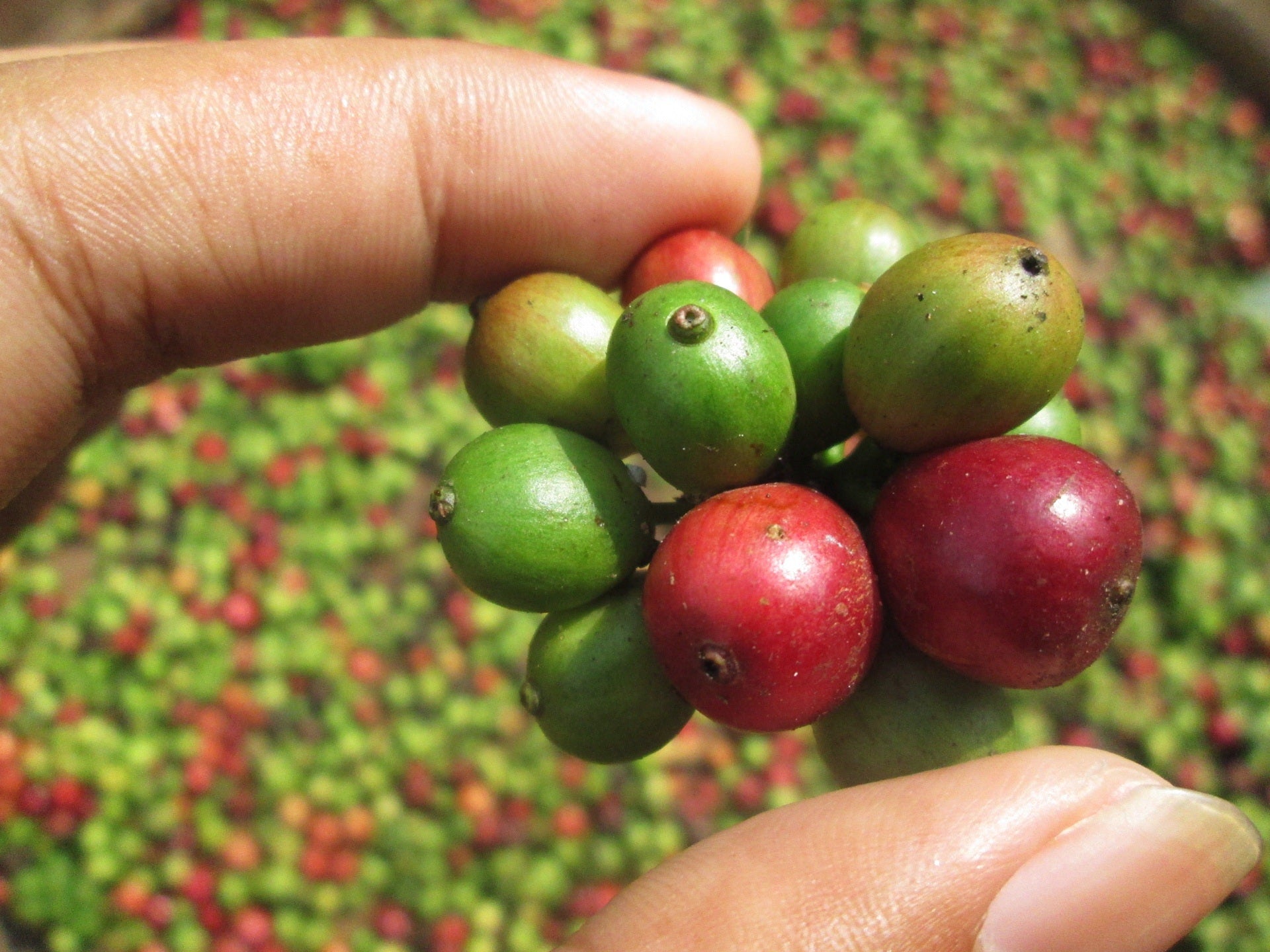
Coffee and sustainability: How coffee plantations can make a difference
Discover how coffee plantations can adopt sustainable practices to reduce environmental impact and improve farming communities' well-being.
Introduction
Coffee is one of the most consumed beverages in the world, but behind every cup lies a complex production chain that has a significant impact on both the environment and farming communities. Coffee plantations, mainly located in tropical regions, can make a difference not only in the quality of coffee but also in safeguarding the environment and improving the living conditions of workers. In this article, we will explore how sustainability in the coffee industry is becoming increasingly important and what practices can be adopted to reduce the environmental and social impact of coffee production.
The Problem with Traditional Coffee Cultivation
Traditional coffee cultivation is associated with a number of environmental issues. Deforestation to make way for plantations, intensive use of pesticides and chemical fertilizers, and excessive water consumption are just a few of the challenges that threaten local ecosystems and biodiversity. Additionally, intensive cultivation depletes the soil, making it difficult for other crops to grow and compromising the long-term health of the land.
From a social perspective, many coffee plantation workers in developing countries face poor working conditions, low wages, and lack of access to essential services such as education and healthcare. In this context, the growing demand for coffee has driven unsustainable agricultural practices, putting both the environment and the communities that rely on this production at risk.
What is Sustainable Coffee?
The concept of sustainable coffee refers to growing coffee in a way that reduces environmental impact, promotes social well-being, and provides economic benefits for producers. This translates into farming practices that preserve local ecosystems, improve coffee quality, and support farming communities. There are several certifications that help identify sustainable coffee, including Fair Trade , Rainforest Alliance , and organic certifications .
-
Fair Trade : This certification ensures that coffee growers receive a fair price for their products, while also promoting safe and equitable working conditions. Fair Trade is a crucial element in improving the lives of producers, particularly in small-scale farms.
-
Rainforest Alliance : This certification focuses on forest and biodiversity conservation, promoting agricultural practices that protect natural habitats and reduce the use of harmful chemicals.
-
Organic coffee : Organic coffee is grown without the use of synthetic pesticides or fertilizers, reducing the chemical impact on the environment. This practice not only protects soil and water health but also enhances the biodiversity of plantations.
Sustainable Practices in Coffee Plantations
Coffee plantations can adopt a number of sustainable practices to reduce their environmental impact and improve social conditions. Here are some of the most effective practices:
-
Shade-grown coffee : Instead of clearing forests to create coffee plantations, shade-grown coffee is cultivated under native trees, which provide natural shade and protection to the coffee plants. This method helps preserve local biodiversity, protects soil from erosion, and reduces the need for chemical fertilizers.
-
Regenerative agriculture : Regenerative agriculture aims to restore soil health through practices such as crop rotation, composting, and reducing the use of chemicals. These techniques improve the soil's ability to retain water and nutrients, making coffee plantations more resilient to climate change.
-
Water conservation : Water is a critical resource in coffee production, especially during the process of washing the beans. Plantations can reduce water consumption by adopting efficient irrigation systems and processing methods that use less water, such as the natural method for coffee processing, which does not require large amounts of water.
-
Social equity : Improving the living conditions of agricultural workers is an essential part of sustainability in the coffee sector. Plantations can ensure fair wages, access to education and healthcare services, and safe working conditions. This not only improves the well-being of communities but also leads to higher quality and productivity in coffee production.
The Role of Consumers: Making Informed Choices
Consumers play a crucial role in promoting sustainability in the coffee industry. Choosing coffee with certifications like Fair Trade or Rainforest Alliance can make a big difference, as it encourages producers to maintain responsible agricultural practices and support farming communities. Additionally, buying coffee from small roasters who promote sustainable practices can help support local economies and improve transparency in the coffee supply chain.
Reducing waste is also important: consumers can do this by buying only the amount of coffee they need and ensuring that coffee grounds are disposed of in an eco-friendly way, perhaps by using them as natural fertilizer for plants.
The Future of Sustainable Coffee
With the increasing global demand for coffee, it is essential that the industry moves toward more sustainable production. Climate change, resource scarcity, and growing social inequality are all challenges the coffee world must face. However, plantations that adopt sustainable farming practices are proving that it is possible to produce high-quality coffee without compromising the environment or workers' rights.
The future of sustainable coffee will also depend on technological innovation. Advanced monitoring systems, such as drones and soil sensors, can help growers optimize resource use and improve crop efficiency. At the same time, new generations of consumers, increasingly attentive to sustainability, will continue to push for more ethical and transparent practices.
Conclusion
Sustainability in the coffee industry is a complex challenge, but coffee plantations can make a difference by adopting farming practices that respect the environment and promote the well-being of farming communities. From shade-grown coffee to Fair Trade certification, there are many solutions that can help make coffee production more sustainable. Consumers, in turn, can influence change by making informed choices about the coffee they purchase. Only through collective commitment can we ensure that coffee remains a valuable and sustainable resource for future generations.


